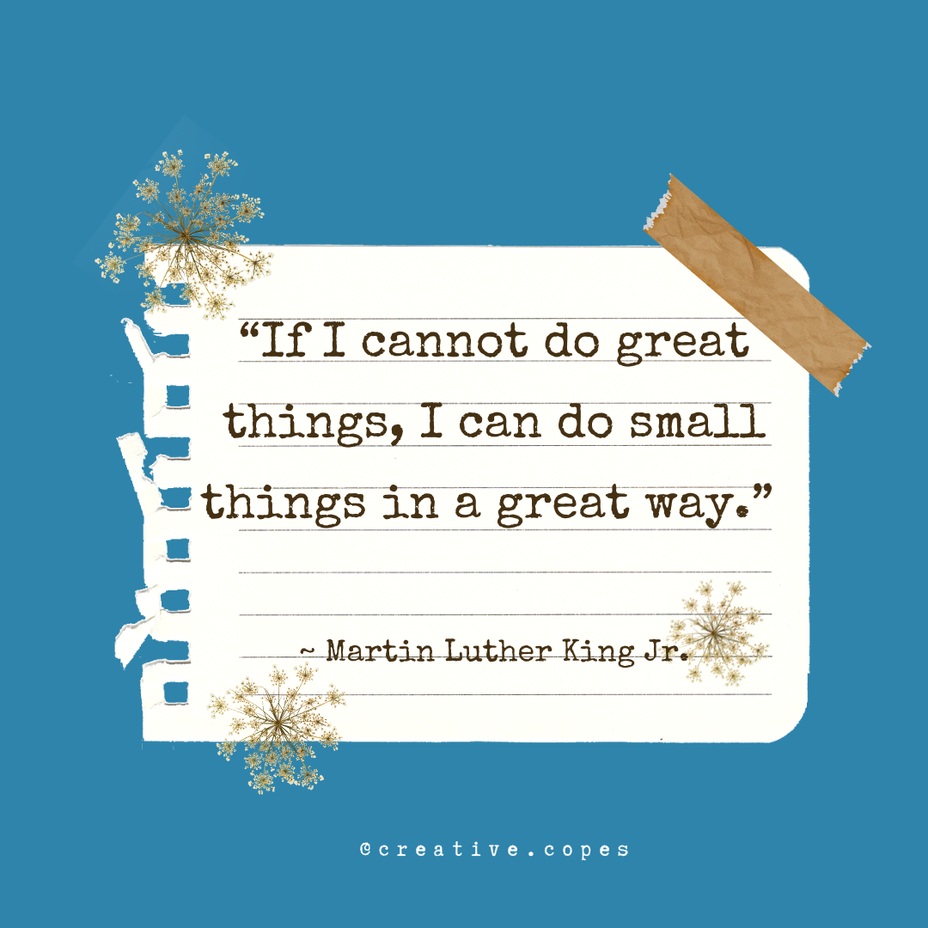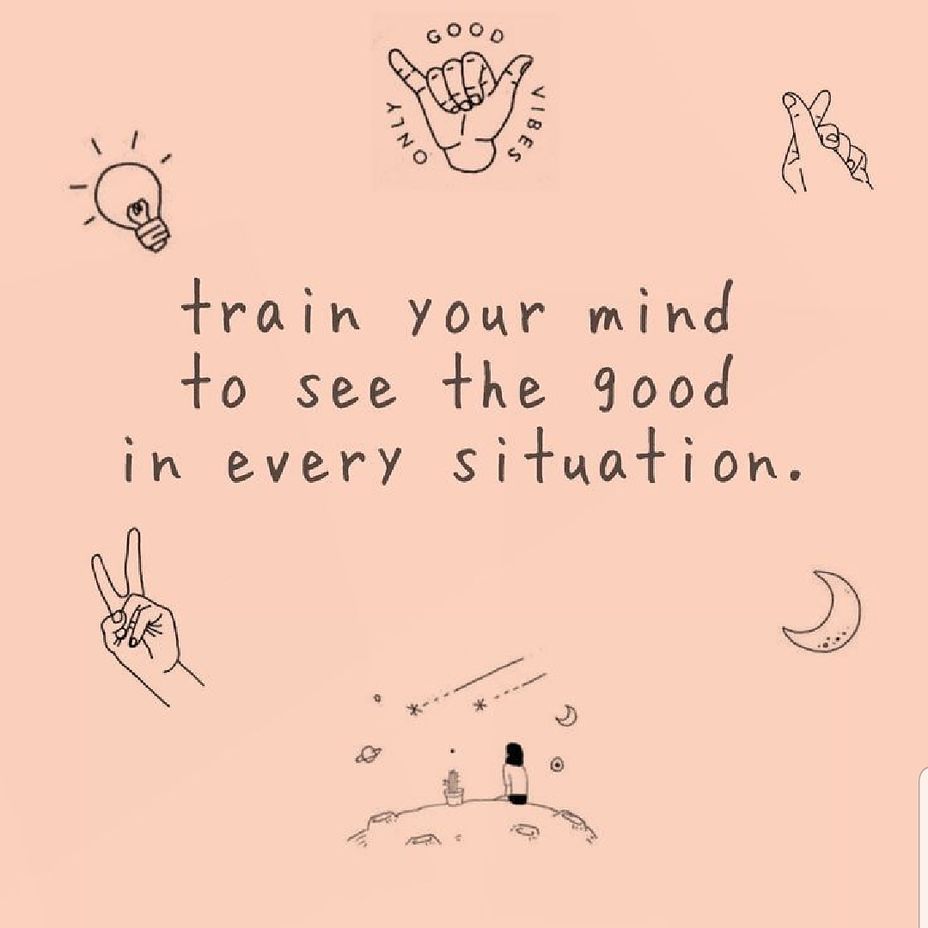Fatigue and lethargy are similar in that they feel as though a heavy blanket has inhibited your ability to physically and cognitively function. You may resist tasks which require getting up or moving position, you may feel sleepy and desire a nap, or you may have little interest or ability to focus on anything in particular.
Fatigue is a physiological response to a lack of adequate rest, food, or other imbalance in the mind or body. Distinguishing features of fatigue are accompanying physical symptoms such as muscle aches and mild flu symptoms, feeling like you can't fully wake up, and an internal desire to do something, whether you are able to or not.
Lethargy is a mental emotional response which causes the sensation of being tired, or physically drained. Lethargy can indicate depression, but it can also show up when there is no particular urgency to complete tasks. Distinguishing features of lethargy include accompanying negative self talk or internal distress, feeling like you can't care, and a lack of "willingness" to begin or complete a task.
While these two experiences can often present similarly, the treatment for each is polar opposite.
Fatigue requires rest, pacing, and any additional needs required by the individual. It is only through acquiring enough rest, nutrients, and adequate care that the fatigued person will regain the physical and cognitive ability to perform tasks to the best of their ability.
Lethargy requires action in order to recover. While feeling lethargic, it is imperative that one takes intentional steps to complete tasks, even and especially when it feels pointless to do so. Through the application of physical and mental exertion, as well as affirming one's ability to complete tasks, lethargy is often lifted and one feels less tired and more capable.
Understanding what is happening in your own mind and body is important to be able to administer the correct treatment when you are experiencing exhaustion which inhibits your ability to function. Many people with chronic illness or mental illness experience both of these symptoms, and it can be confusing to try to figure out what you need at any given time. But staying aware of your diet, physical exertion, mental emotion exertion, and other ways you either recharge or use up energy can really help you determine whether you require a resting period or would benefit more from pushing yourself.
#Fatigue #Depression #Lethargy #exhaustion #rest #OppositeAction #pacing #Recovery #CognitiveBehaviorTherapy #selfhelp



